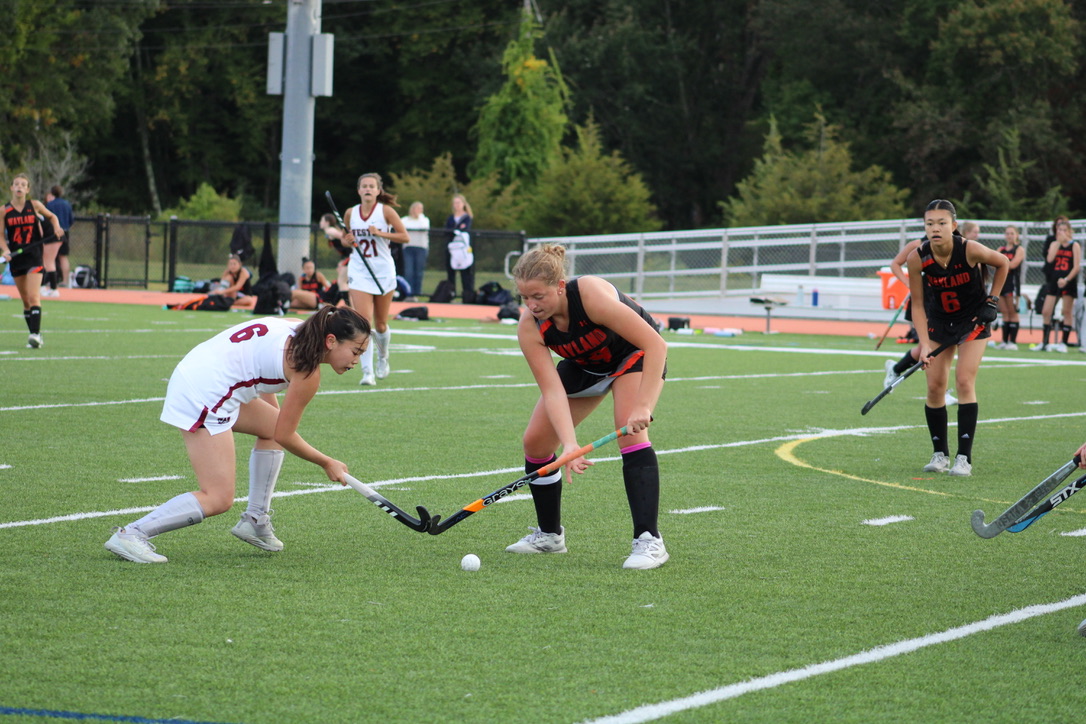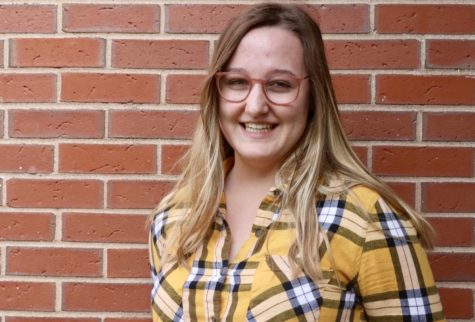All schools but the middle school to be hybrid on Monday, Jan. 4

Credit: Pixabay user geralt
An emergency town meeting between the Board of Health, Board of Selectmen, school committee, town administrator, and other public health officials was held today to discuss how Wayland Public Schools would return to school on Jan. 4. After several hours of discussion, each board suggested to superintendent Arthur Unobskey that WPS should remain in hybrid format unless the school does not have sufficient medical coverage. All schools except the middle school, which will be remote, will hold in person classes on Monday.
January 2, 2021
All Wayland Public Schools except for WMS will continue to learn via the prior hybrid model on Monday, Jan 4. The decision was ultimately made by superintendent Arthur Unobskey after a joint emergency meeting of the school committee, Board of Health and Board of Selectmen.
WMS will have remote classes for the week of Jan 4. due to the absence of a school nurse for the week. Because of the stress imposed by COVID-19 on the town’s nurses, it was determined that a solution to the staffing issue (which was not explicitly explained) was not possible. The school committee, Board of Health and Board of Selectman all unanimously voted to recommend to the superintendent not to hold in-person classes without sufficient medical coverage.
Members from the three boards participating first reviewed three coronavirus related metrics before discussing potential recomondendations:
1) The activity rate
The total number of COVID-19 cases has been increasing since March, with a steep spike beginning around the start of Nov. The total number of active cases increased from 13 on Oct. 30, to 31 on Dec 24., and the average daily rate per 100,000 people for the past 14 days as of Dec. 31 is 37.5. Around 15% of all COVID-19 positive cases in Wayland are from those 19 and under.
2) Schools’ compliance with COVID-19 protocols
Unobksey reiterated the steps all schools in the district take while in hybrid mode to mitigate the spread of the virus, which are: mask wearing (which Unobksey said has virtually 100% compliance from students), physical distancing, handwashing and attestation from parents through the health form they must fill out before their child attends school (which Unobskey said has virtually 99% compliance from parents).
3) Other variables
An urgent issue board members discussed was the town’s ability to conduct contact tracing. The Director of Public Health Ruth Mori and Public Health Nurse Julia Junganns said the contact tracing team is nearly at capacity for contact tracing and that if there were a large outbreak in Wayland, it would put enormous pressure on nurses already working around the clock to contact trace. Mori and Junganns reminded participants that town members will still be returning from holiday plans, and college students will have returned home to their families. Furthermore, positive test results from cases contracted over vacation may not be known until well into next week.
Board members discussed whether it was necessary to have all schools in the district go remote. There seemed to be ambiguity surrounding the time period schools could be remote for. Many board members were concerned about closing schools indefinitely and felt that the schools should prioritize keeping students in the classroom and not preemptively close. Others pushed for at least a one week “grace period” for students and families to actually get tested, confirm their results and report it to their school. They said that with a town, state and national surge, it’s inevitable that cases will start to show up in schools. Many participants noted that they know of very little evidence showing that schools transmit COVID-19.
Members of the public were allowed to share their opinions in increments of two minutes during a ten minute period.
Joe Goldberg-Guiliano, a Wayland parent of a kindergartener and third grader in the Wayland school system was in favor of returning to school in the hybrid model.
“We love our teachers and they’re doing the best they can,” Goldberg-Guiliano said. “But remote learning for a five year old is not really learning. In my mind, that is really appropriate or arguable in line with state standards in terms of hours of instruction they get each day.”
Kori Rogers, fourth grade teacher and President of the Wayland Teachers Association, did not want to return to in-person classrooms.
“One thing I noticed in the conversation was a real focus on the under 19 age group. Certainly our students are under the age of 19, but our schools are also occupied by many adults who don’t fall into that age category,” Rogers said. “I think there’s this idea that in the classroom, teachers are standing at the front of the room lecturing and students are six feet apart and able to maintain that distance. [That’s] simply not the case that that’s how we teach. Teaching is interactive—we’re regularly in close contact with our students. We couldn’t teach effectively if we weren’t.”
The Board of Health settled on a suggestion of keeping schools in the hybrid phase unless they had insufficient medical staff. The school committee then heard each of their own members, unanimously agreeing to suggest the middle school be closed for the week of Jan 4. and deciding to suggest keeping all other schools in the hybrid phase by a majority. The Board of Selectmen suggested the same, but also recommended that there be communication to families that if they suspect a child may have been exposed, the student should not return to school.
Families should expect to hear from district administrators by Sunday night.

























